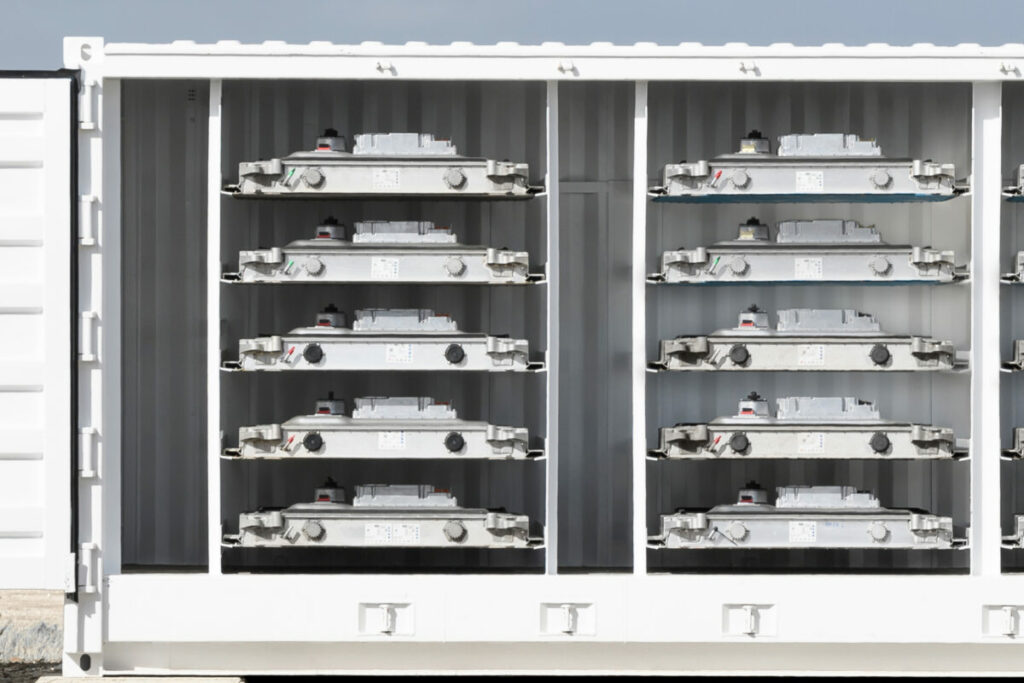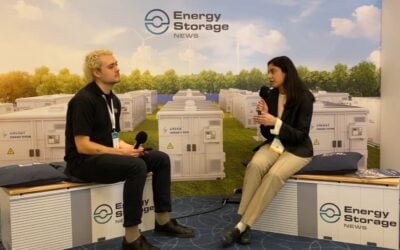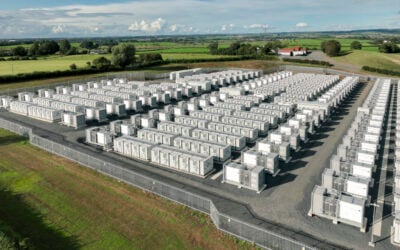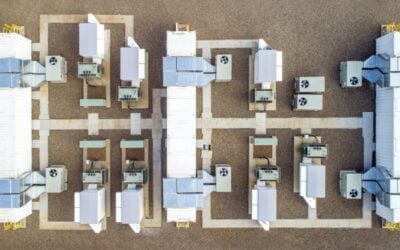
Automotive OEM Jaguar Land Rover and Wykes Engineering have deployed a 2.5MWh second life battery energy storage system (BESS) using EV batteries, and aim to expand it to 7.5MWh by the end of 2023.
A single Wykes Engineering BESS comprises of 30-second-life I-PACE batteries and is capable of storing up to 2.5MWh of energy at full capacity, the announcement said.
JLR stated that it aims to supply enough second-life EV batteries to store a total of 7.5MWh of energy by the end of 2023. After this point, more containers can be created to house additional second-life batteries removed from used production vehicles in the future.
The car batteries will be taken from Jaguar’s prototype and engineering test vehicles and will be used once their health falls below the stringent requirements of an EV, which typically leaves a 70-80% residual capacity.
Try Premium for just $1
- Full premium access for the first month at only $1
- Converts to an annual rate after 30 days unless cancelled
- Cancel anytime during the trial period
Premium Benefits
- Expert industry analysis and interviews
- Digital access to PV Tech Power journal
- Exclusive event discounts
Or get the full Premium subscription right away
Or continue reading this article for free
“Our sustainability approach addresses the entire value chain of our vehicles, including circularity of EV batteries. Our EV batteries are engineered to the highest standards and this innovative project, in collaboration with Wykes Engineering, proves they can be safely reused for energy sector application to increase renewable energy opportunities,” said François Dossa, executive director of strategy and sustainability at JLR.
“Using the 70-80% residual capacity in EV batteries, before being recycled, demonstrates full adoption of circularity principles. Working together with industry-leading partners, we are developing a complete EV ecosystem, from batteries to charging, supporting our net zero transformation.”
As part of the technical collaboration, Wykes Engineering and JLR have achieved “seamless integration”, with no need for additional manufacturing steps or the removal of battery modules.
The batteries are removed from the Jaguar I-PACE and slotted into racks in the containers on-site, helping to maximise the sustainability of the project.
The project is relatively large within the second life BESS space, where most projects and companies are still deploying in the hundreds of kWh rather than MWh-plus. Volkswagen recently deployed its first major second life BESS project totalling 560kWh, for example, which the company’s EV infrastructure arm Elli discussed with Energy-Storage.news.
The largest projects we are aware of (outside of China) number in the low tens of MWh, including a 25MWh one from California-based B2U and 17MWh and 13MWh ones from Mercedes-Benz Energy.
BESS projects repurposing EV batteries will in number and size as the EV sector grows, but many companies will face challenges around the performance of their systems according to Germany-based second life BESS firm Stabl, which recently raised €15 million to commercialise its product.
Part of this article originally appeared on Solar Power Portal.





